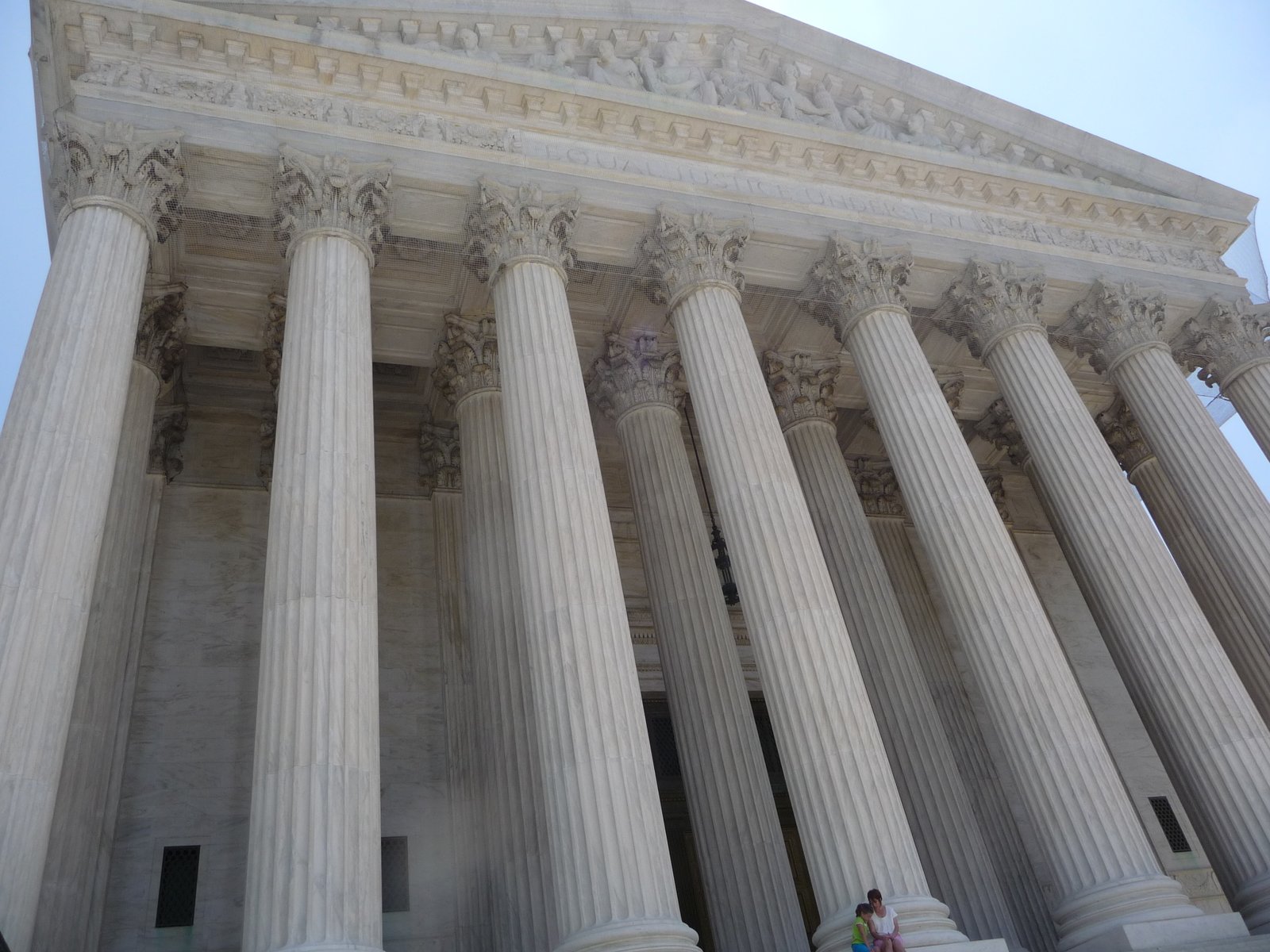[dc]O[/dc]n March 20, 2018, the United States Supreme Court heard oral arguments in National Institute of Family and Life Advocates v. Becerra, a case challenging a California law that requires pro-life crisis pregnancy centers to advise pregnant women of the availability of publicly-funded family planning services, including contraception and abortion. Unlicensed clinics must also disclose that their personnel are unlicensed.
The 9th Circuit had held that the required disclosures were “professional speech” that would be subject only to intermediate scrutiny, and Supreme Court granted review in November, it limited the arguments to free speech issues and did not request argument on whether the law infringed on the free exercise of religion.
While the decision will most likely be decided based on the written briefs, the oral argument does open a window into the way that the members of the Court are thinking about the issues. Justices were concerned that unlicensed pro-life crisis pregnancy centers might confuse women who think that they provide medical services, and others were concerned that pro-life centers might be compelled to provide information about services they find morally objectionable. Among the attorneys, neither side seemed interested in providing mutual disclosure about the activities of the other.
The argument might ultimately turn on whether the Justices believe it is the responsibility of clinics to provide information about alternatives, or something that the state should do.
The state’s primary argument about the need for the notifications is that pregnant women who find themselves in a pro-life crisis pregnancy center might be confused about what services are available or the nature of the centers.
The pro-life crisis pregnancy centers, on the other hand, argued that they are not providing “medical services” or medical advice and should not be compelled to provide information about alternative services that they find morally objectionable.
Justice Ginsburg raised a hypothetical question as to whether the pro-life center would object if abortion providers were required to advise patients of alternatives to abortion, as required in some states. Attorney Michael Farris argued that abortion providers are different because they offer “medical interventions” while the pro-life clinics do not. Justice Sotomayor followed up, asking if he would support a law that required each type of facility to inform about the others, and Farris indicated that this would raise a free exercise concern about compelled speech. Justice Sotomayor countered that a pro-life pregnancy center should at least tell pregnant women that it is not a medical facility.
The United States had filed a friend of the court brief, and U.S. attorney Jeffrey Wall addressed the Court. Wall argued that while states may require businesses to make certain disclosures about their own goods and services, the California law requires pregnancy centers to make disclosures about services they do not provide. This, Wall said, “would violate their most deeply held beliefs without any showing by the state that it truly needs to compel speech rather than speak its own message.”
Justice Ginsburg then asked Wall whether he would consequently argue that clinics providing abortions should not be required to tell women about adoption. Wall responded with a technical argument about the level of scrutiny. “What we’re saying,” he said, “is the more you get away from that kind of a disclosure that’s about what you’re doing with that patient or customer or client, the more scrutiny it ought to get under the First Amendment.”
Justice Sotomayor returned to her argument about mutual disclosures, so pregnant women will “know what’s there and they’ll know what’s not there.”
California attorney Joshua Klein argued in support of the statute, stating that the required disclosures explain to a pregnant woman “that her financial circumstance does not make her unable to access alternative and supplemental care, including full prenatal and deliver care that [pro-life centers] do not themselves supply.”
Justice Kagan asked about concerns that the statute was “gerrymandered” to address only pro-life clinics. Klein responded that it was targeted at pregnant women, and that pro-life centers “are the ones where these women are going to be found and where this information is immediately useful to them.”
Justice Alito followed-up on the argument that the law was improperly targeted at centers with a pro-life viewpoint and Klein replied that “a law does not need to be perfect and a legislature concentrates its efforts at where the need for the law is most apparent.” Klein stated that “the goal of the statute is to identify women who are seeking pregnancy care and appear unable to pay for it themselves or through insurance or public coverage they already have.”
Justice Gorsuch asked why California should not have considered “other available means to provide messages.” He continued, “If it’s just about ensuring that everyone has full information about their options, why should the state free-ride on a limited number of clinics to provide that information.”
Justice Gorsuch said, “if you’re trying to educate a class of persons about their rights, it’s pretty unusual to force a private speaker to do that for you under the First Amendment.”
The Court could potentially rule that the law goes too far by requiring the pro-life facilities to provide information about the availability of contraception and abortion, but that given the likelihood of confusion, the state could reasonably require the pro-life centers to make it clear that they are not providing medical services.
A decision is expected this summer.

